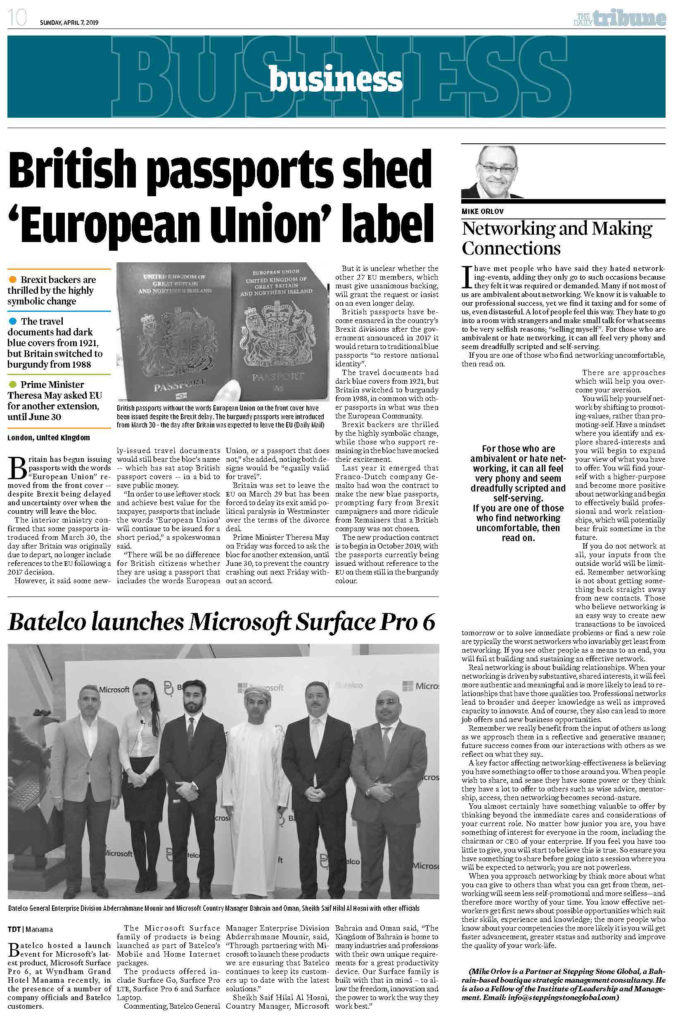I have met people who have said they hated networking-events, adding they only go to such occasions because they felt it was required or demanded. Many if not most of us are ambivalent about networking. We know it is valuable to our professional success, yet we find it taxing and for some of us, even distasteful. A lot of people feel this way. They hate to go into a room with strangers and make small talk for what seems to be very selfish reasons; “selling myself”. For those who are ambivalent or hate networking, it can all feel very phony and seem dreadfully scripted and self-serving.
If you are one of those who find networking uncomfortable, then read on.
There are approaches which will help you overcome your aversion.
You will help yourself network by shifting to promoting-values, rather than promoting-self. Have a mindset where you identify and explore shared-interests and you will begin to expand your view of what you have to offer. You will find yourself with a higher-purpose and become more positive about networking and begin to effectively build professional and work relationships, which will potentially bear fruit sometime in the future.
If you do not network at all, your inputs from the outside world will be limited. Remember networking is not about getting something back straight away from new contacts. Those who believe networking is an easy way to create new transactions to be invoiced tomorrow or to solve immediate problems or find a new role are typically the worst networkers who invariably get least from networking. If you see other people as a means to an end, you will fail at building and sustaining an effective network.
Real networking is about building relationships. When your networking is driven by substantive, shared interests, it will feel more authentic and meaningful and is more likely to lead to relationships that have those qualities too. Professional networks lead to broader and deeper knowledge as well as improved capacity to innovate. And of course, they also can lead to more job offers and new business opportunities.
Remember we really benefit from the input of others as long as we approach them in a reflective and generative manner; future success comes from our interactions with others as we reflect on what they say..
A key factor affecting networking-effectiveness is believing you have something to offer to those around you. When people wish to share, and sense they have some power or they think they have a lot to offer to others such as wise advice, mentorship, access, then networking becomes second-nature.
You almost certainly have something valuable to offer by thinking beyond the immediate cares and considerations of your current role. No matter how junior you are, you have something of interest for everyone in the room, including the chairman or CEO of your enterprise. If you feel you have too little to give, you will start to believe this is true. So ensure you have something to share before going into a session where you will be expected to network; you are not powerless.
When you approach networking by think more about what you can give to others than what you can get from them, networking will seem less self-promotional and more selfless—and therefore more worthy of your time. You know effective networkers get first news about possible opportunities which suit their skills, experience and knowledge; the more people who know about your competencies the more likely it is you will get faster advancement, greater status and authority and improve the quality of your work-life.

